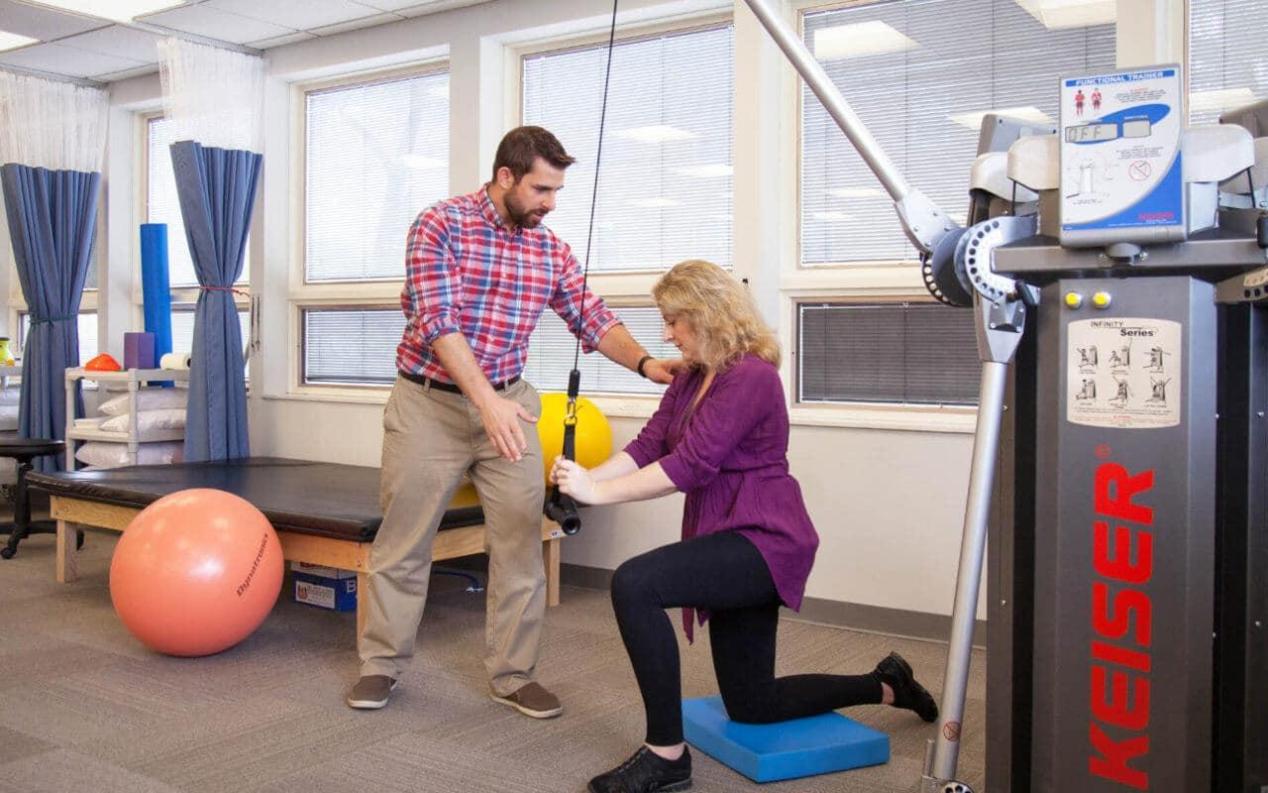How Long Does Neurological Rehabilitation Typically Take in a Medical Rehab Facility?
Neurological rehabilitation is a specialized form of therapy designed to help individuals recover from neurological impairments caused by brain or spinal cord injuries or diseases. Understanding the duration of rehabilitation is crucial for patients, families, and healthcare professionals to set realistic expectations and plan for the future.

Factors Influencing Rehabilitation Duration
Severity Of Neurological Impairment
- The type and extent of brain or spinal cord injury significantly impact rehabilitation duration.
- More severe impairments typically require longer and more intensive rehabilitation.
Individual Patient Characteristics
- Age, overall health, motivation, and support system play a role in rehabilitation progress.
- Younger patients and those with good overall health tend to recover faster.
Rehabilitation Intensity And Frequency
- The number of therapy sessions per week and the duration and intensity of each session influence rehabilitation duration.
- More frequent and intensive therapy can accelerate progress.
Goals Of Rehabilitation
- Specific functional outcomes, such as walking or speaking, can impact rehabilitation duration.
- Patients with more ambitious goals may require longer rehabilitation.
Typical Rehabilitation Timelines
Acute Phase (0-3 Months)
This phase focuses on stabilizing vital functions and initiating basic therapy interventions.
Subacute Phase (3-6 Months)
This phase emphasizes functional improvement with intensive therapy sessions.
Long-Term Phase (6+ Months)
This phase continues therapy as needed and transitions to community-based rehabilitation.
Variations In Rehabilitation Duration
Type Of Neurological Impairment
- Stroke: 3-6 months
- Traumatic brain injury: 6-12 months or longer
- Spinal cord injury: 12-24 months or longer
Individual Variability

Some patients may progress faster or slower than others due to individual factors.
Availability Of Resources
Access to specialized therapies and equipment can impact rehabilitation duration.
Importance Of Realistic Expectations
Neurological rehabilitation is an ongoing process that requires patience and perseverance. Setting realistic goals is essential to avoid frustration and maintain motivation.
The duration of neurological rehabilitation varies depending on multiple factors. Understanding these factors and typical timelines helps patients, families, and healthcare professionals plan for the long-term nature of rehabilitation and set realistic expectations for recovery.
YesNo

Leave a Reply